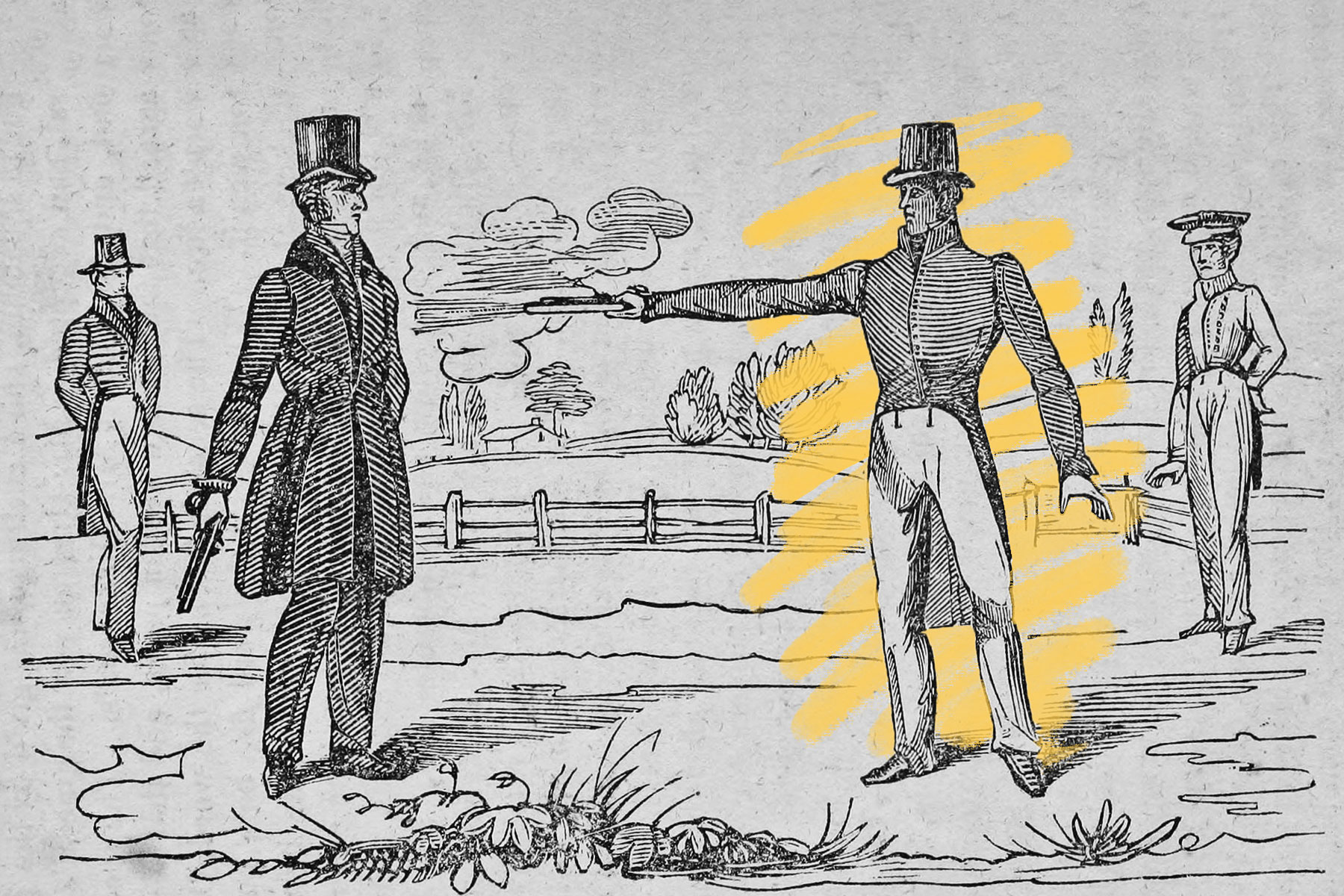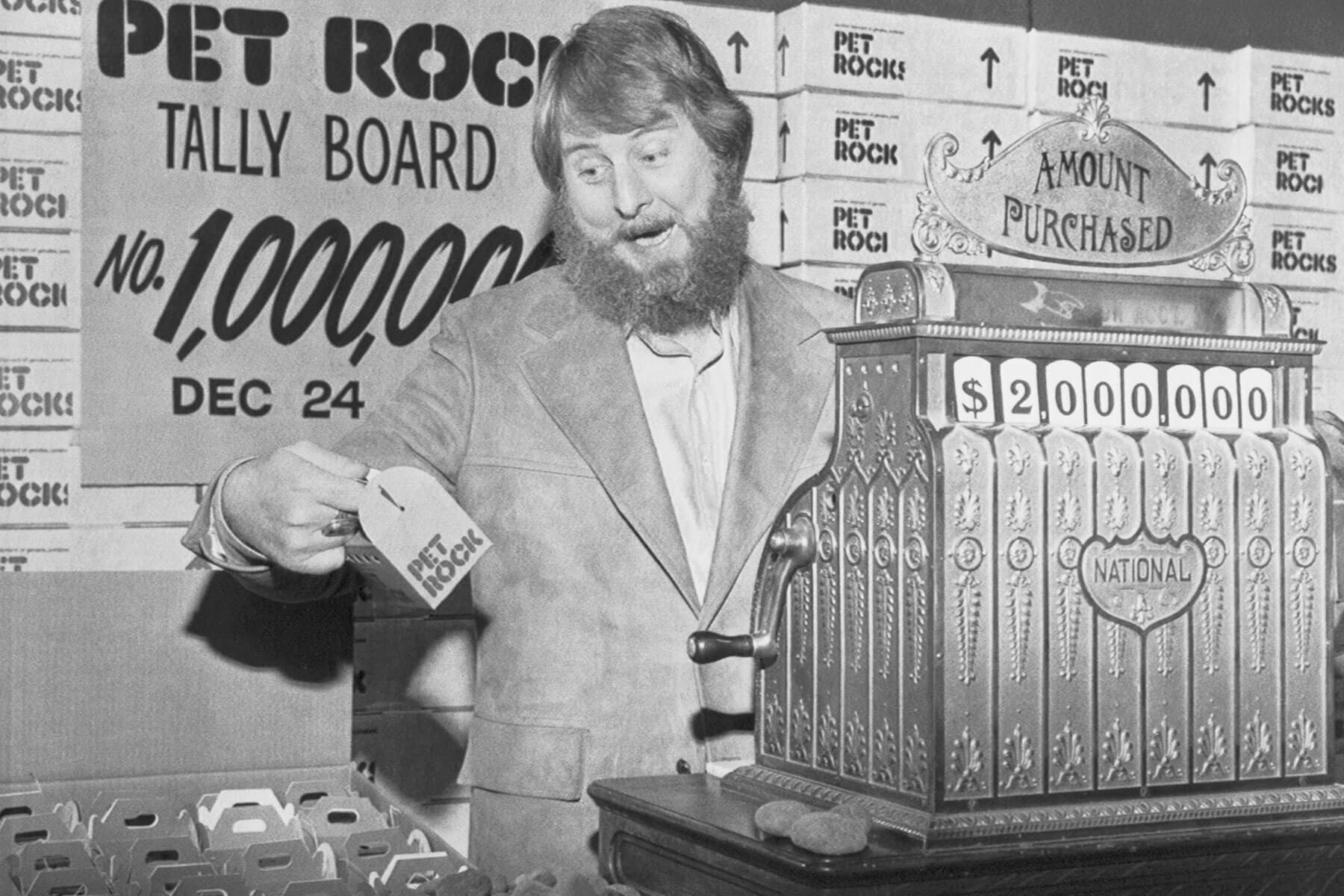| The presidential election of 1824 was hotly contested, with four different candidates receiving a substantial number of electoral votes: Jackson (99), John Quincy Adams (84), William H. Crawford (41), and Henry Clay (37). All four belonged to the Democratic-Republican Party, which was part of the problem: After winning six consecutive elections during the Era of Good Feelings — a time of economic prosperity in the new nation — the party failed to rally around one candidate. Jackson won more popular votes and electoral votes than his trio of opponents, but failed to secure a majority. This sent the election to the House of Representatives, as dictated by the 12th Amendment, with Adams emerging victorious. It wasn't without controversy, however. Jackson accused Adams of striking a "corrupt bargain" with Clay (in which Clay used his influence as speaker of the House to swing the vote for Adams in exchange for the coveted secretary of state position) and used the accusation as a major part of his successful 1828 campaign. |













No comments:
Post a Comment